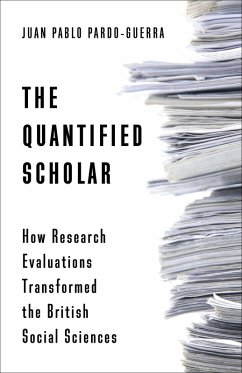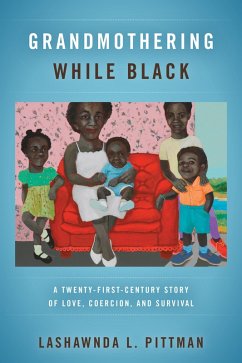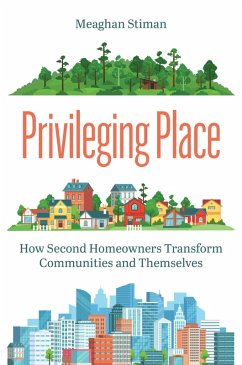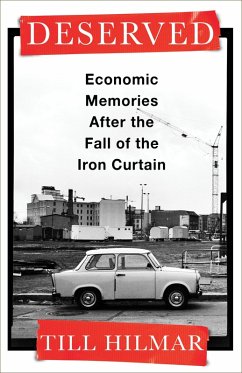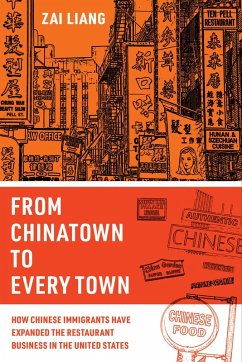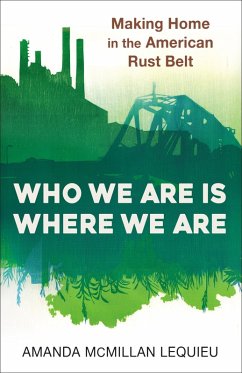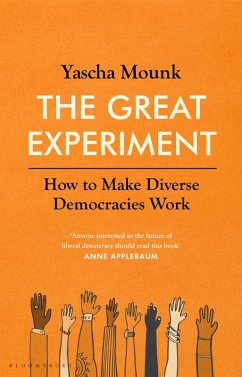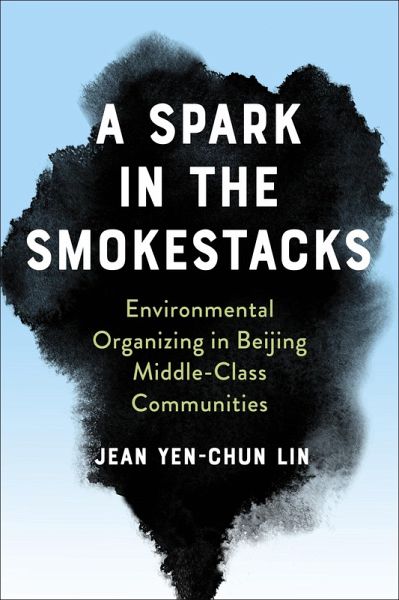
A Spark in the Smokestacks (eBook, ePUB)
Environmental Organizing in Beijing Middle-Class Communities

PAYBACK Punkte
13 °P sammeln!
Winner, 2024 Robert E. Park Book Award, Section on Community and Urban Sociology, American Sociological AssociationEnvironmental organizing in Beijing emerged in an unlikely place in the 2000s: new gated residential communities. After rapid population growth and housing construction led to a ballooning trash problem and overflowing landfills, many first-time homeowners found their new neighborhoods facing an unappetizing prospect-waste incinerator projects slated for their backyards.Delving into the online and offline conversations of communities affected by the proposed incinerators, A Spark ...
Winner, 2024 Robert E. Park Book Award, Section on Community and Urban Sociology, American Sociological Association
Environmental organizing in Beijing emerged in an unlikely place in the 2000s: new gated residential communities. After rapid population growth and housing construction led to a ballooning trash problem and overflowing landfills, many first-time homeowners found their new neighborhoods facing an unappetizing prospect-waste incinerator projects slated for their backyards.
Delving into the online and offline conversations of communities affected by the proposed incinerators, A Spark in the Smokestacks demonstrates how a rising middle class acquires the capacity for organizing in an authoritarian context. Jean Yen-chun Lin examines how urban residents create civic life through everyday associational activities-learning to defend property rights, fostering participation, and mobilizing to address housing-related grievances. She shows that homeowners cultivated petitioning skills, informational networks, and community leadership, which they would later deploy against incinerator projects. To interact with government agencies, they developed citizen science-based tactics, a middle-class alternative to disruptive protests. Homeowners drew on their professional connections, expertise, and fundraising capabilities to produce reports that boosted their legitimacy in city-level dialogue. Although only one of the three incinerator projects Lin follows was ultimately canceled, some communities established durable organizations that went on to tackle other environmental problems.
Drawing on interviews, participant observation, and ethnography, A Spark in the Smokestacks casts urban Chinese communities as "schools of democracy," in which residents learn civic skills and build capacity for collective organizing. Through compelling case studies of local activism, this book sheds new light on the formation of civil society and social movements more broadly.
Environmental organizing in Beijing emerged in an unlikely place in the 2000s: new gated residential communities. After rapid population growth and housing construction led to a ballooning trash problem and overflowing landfills, many first-time homeowners found their new neighborhoods facing an unappetizing prospect-waste incinerator projects slated for their backyards.
Delving into the online and offline conversations of communities affected by the proposed incinerators, A Spark in the Smokestacks demonstrates how a rising middle class acquires the capacity for organizing in an authoritarian context. Jean Yen-chun Lin examines how urban residents create civic life through everyday associational activities-learning to defend property rights, fostering participation, and mobilizing to address housing-related grievances. She shows that homeowners cultivated petitioning skills, informational networks, and community leadership, which they would later deploy against incinerator projects. To interact with government agencies, they developed citizen science-based tactics, a middle-class alternative to disruptive protests. Homeowners drew on their professional connections, expertise, and fundraising capabilities to produce reports that boosted their legitimacy in city-level dialogue. Although only one of the three incinerator projects Lin follows was ultimately canceled, some communities established durable organizations that went on to tackle other environmental problems.
Drawing on interviews, participant observation, and ethnography, A Spark in the Smokestacks casts urban Chinese communities as "schools of democracy," in which residents learn civic skills and build capacity for collective organizing. Through compelling case studies of local activism, this book sheds new light on the formation of civil society and social movements more broadly.
Dieser Download kann aus rechtlichen Gründen nur mit Rechnungsadresse in A, D ausgeliefert werden.



